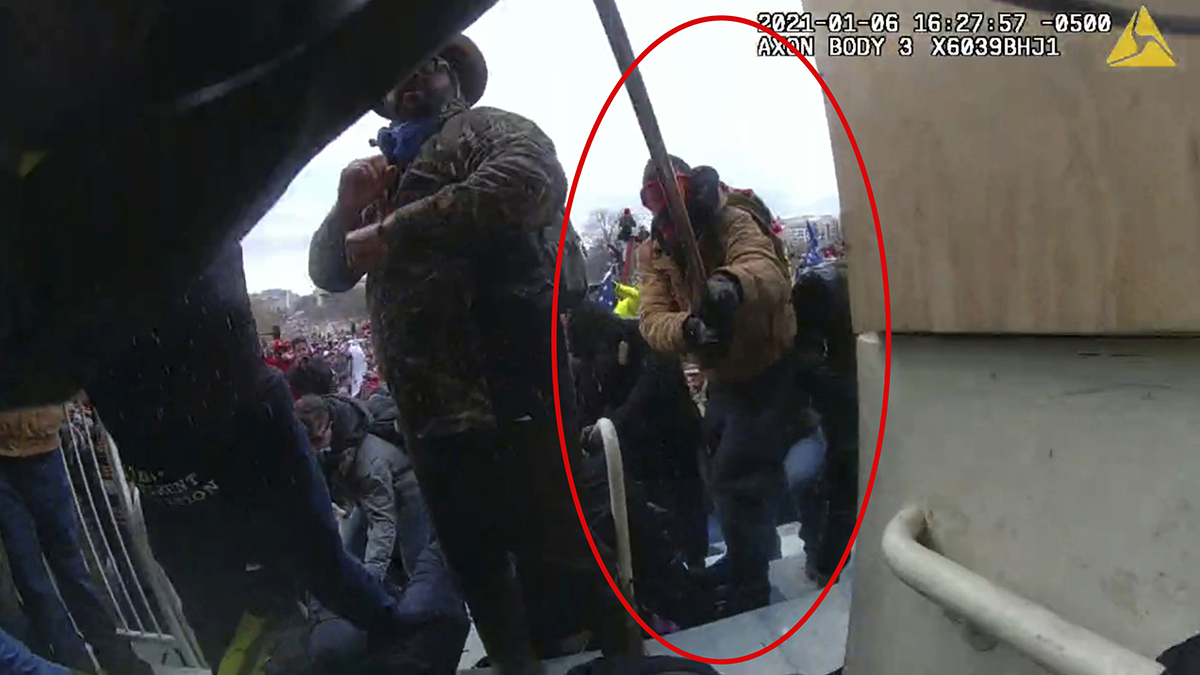What to Know
- The FDA and CDC has recommended the federal government and states immediately pause use of the J&J COVID-19 vaccine
- Health officials said they are investigating clots in six women that occurred 6 to 13 days after vaccination
- The FDA will convene an advisory committee Wednesday to decide what to do next
The U.S. is recommending a “pause” in administration of the single-dose Johnson & Johnson COVID-19 vaccine to investigate reports of potentially dangerous blood clots.
In a joint statement Tuesday, the Centers for Disease Control and Prevention and the Food and Drug Administration said they were investigating unusual clots in six women that occurred 6 to 13 days after vaccination. The clots occurred in veins that drain blood from the brain and occurred together with low platelets. All six cases were in women between the ages of 18 and 48.
The reports appear similar to a rare, unusual type of clotting disorder that European authorities say is possibly linked to another COVID-19 vaccine not yet cleared in the U.S., from AstraZeneca.
Get Boston local news, weather forecasts, lifestyle and entertainment stories to your inbox. Sign up for NBC Boston’s newsletters.
More than 6.8 million doses of the J&J vaccine have been administered in the U.S., the vast majority with no or mild side effects.
U.S. federal distribution channels, including mass vaccination sites, will pause the use of the J&J shot, and states and other providers are expected to follow. The other two authorized vaccines, from Moderna and Pfizer, make up the vast share of COVID-19 shots administered in the U.S. and are not affected by the pause.
U.S. & World
A federal advisory committee is scheduled to meet Wednesday to review the reactions and consider how to proceed, and officials said they expect more information in a few days.
Officials are recommending that people who were given the J&J vaccine who are experiencing severe headache, abdominal pain, leg pain, or shortness of breath within three weeks after receiving the shot contact their health care provider.
U.S. health authorities cautioned doctors against using a typical clot treatment, the blood-thinner heparin. “In this setting, administration of heparin may be dangerous and alternative treatments need to be given,” the FDA and CDC said.
European authorities investigating the AstraZeneca cases have concluded clots appear to be similar to a very rare abnormal immune response that sometimes strikes people treated with heparin, leading to a temporary clotting disorder.
Officials say they also want to educate vaccine providers and health professionals about the “unique treatment” required for this type of clot.
Johnson & Johnson released a statement late Tuesday in which it said the company's top priority is the "safety and well-being of the people who use our products."
"We are aware of an extremely rare disorder involving people with blood clots in combination with low platelets in a small number of individuals who have received our COVID-19 vaccine," the company said in a statement.
"In addition, we have been reviewing these cases with European health authorities. We have made the decision to proactively delay the rollout of our vaccine in Europe and pause vaccinations in all Janssen COVID-19 vaccine clinical trials while we update guidance for investigators and participants," the company added. "We have been working closely with medical experts and health authorities, and we strongly support the open communication of this information to healthcare professionals and the public."



